On the ground in Turkey’s ‘little Afghanistan’, the refuge from the Taliban that lies in ruins
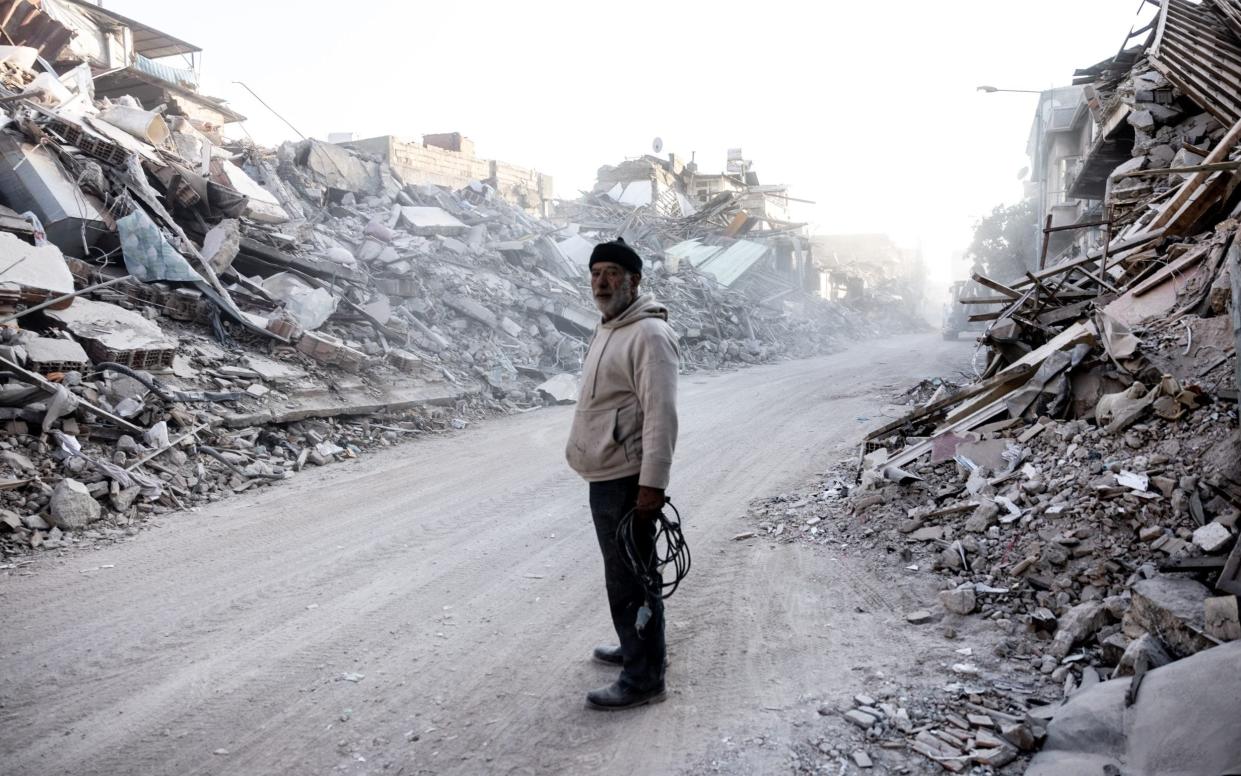
The small town of Ovakent in Turkey’s Hatay – one of the provinces worst affected by last month’s devastating earthquakes – has long been referred to as ‘little Afghanistan’ by locals.
Since the 7.8 magnitude quake and several tremors after that killed more than 50,000 people across Turkey – including at least 200 Afghans – most of the houses in Ovakent lie in rubble.
The Afghans who had previously rented them now live in tents; their camp stretching alongside the main road and only highway leading into the Hatay province. And while many Afghans here have, over the years, acquired Turkish citizenship, others say they now worry about their immigration status more than ever.
Still – for better or worse – they are determined to stay in Ovakent.
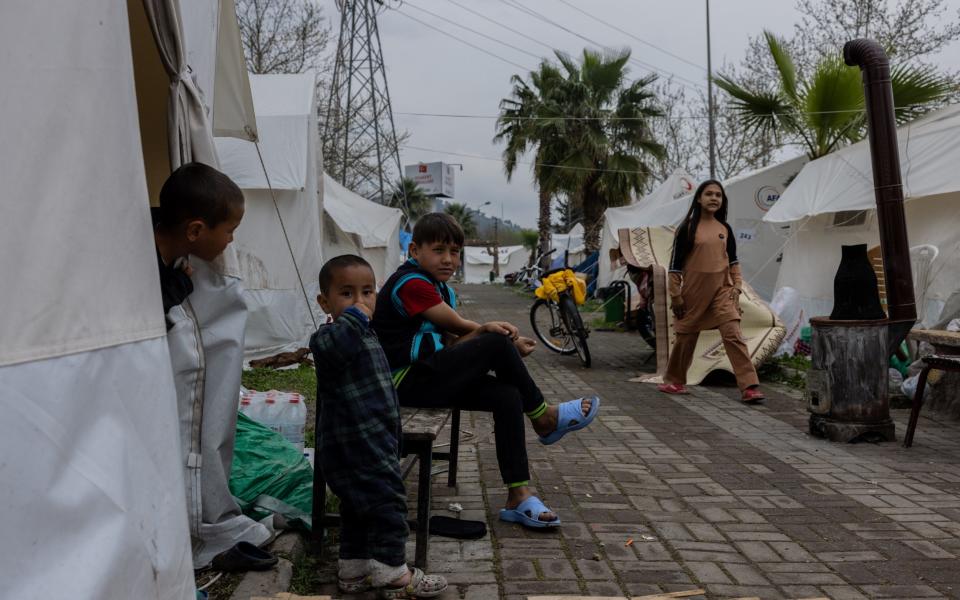
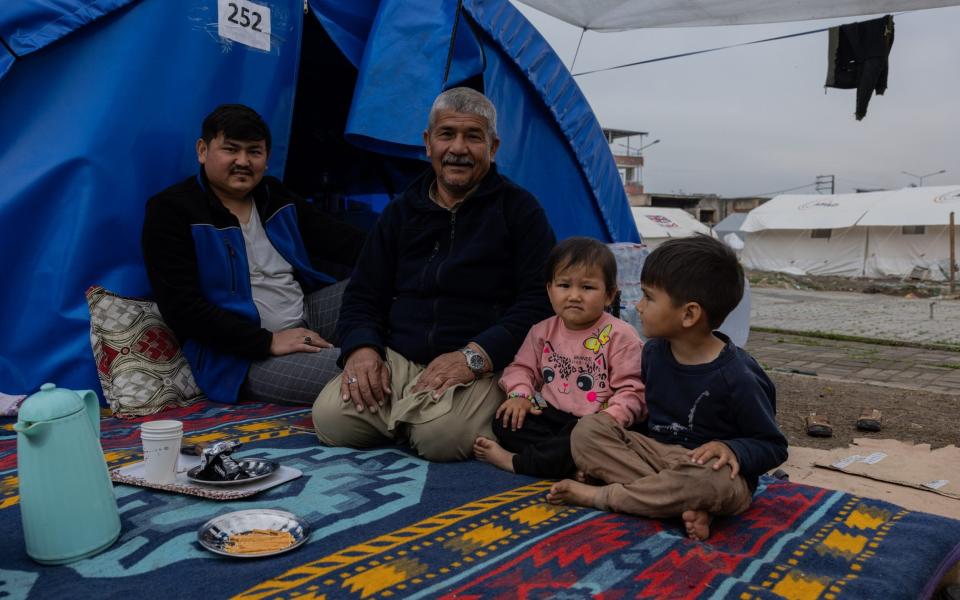
The town has had a long history with Afghans. They first arrived more than 40 years ago, back when the Soviets invaded Afghanistan and the Turkish government evacuated some 170 families – most of them ethnic Uzbek and Turkmen from the country’s northern provinces – resettling them in the small town that sits in a beautiful setting surrounded by lush farmland and snowcapped mountains.
The families were eventually granted Turkish passports – and since then, the area has become a sort of magnet and safe haven for newcomers. Over the past four decades, more people arrived – including many who entered Turkey without official immigration documents.
Some fled civil war and the 1996-2001 Taliban regime, others America’s ‘war on terror’. The most recent arrivals say they
escaped the newly re-established Taliban regime, often via a long and dangerous journey with the help of people smugglers.
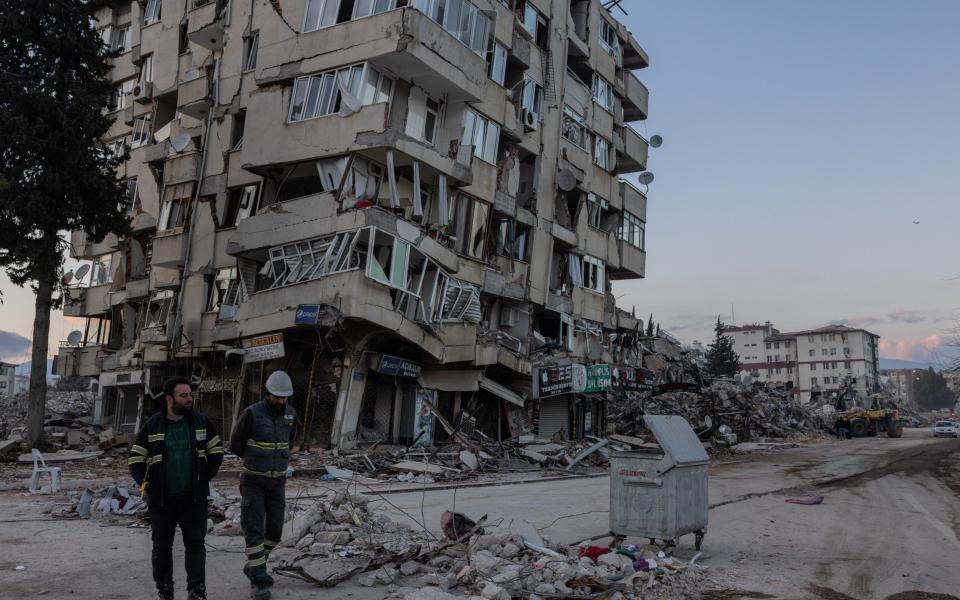
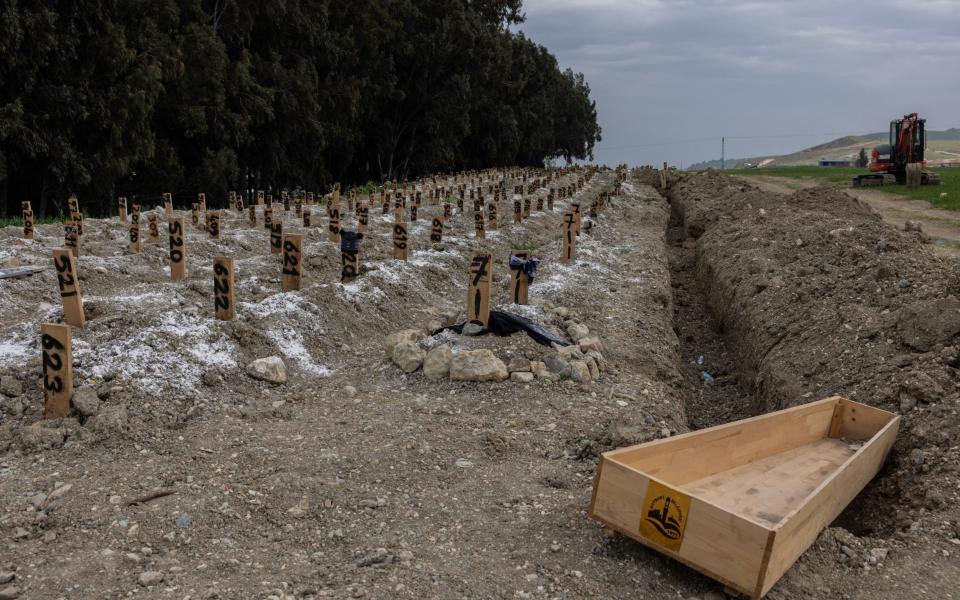
Over the years, Ovakent has indeed turned distinctly Afghan: on the streets, you can hear people speak Persian or Uzbek, and – before the quake – the scent of warm bread fresh out of the tandoor was always in the air and men were sitting outside in traditional Afghan dress, gulping cup after cup of green cardamon tea.
The earthquake devastated it all. And while the Turkish government continues to send aid – tents, blankets, food and drinking water among other – those families who currently don’t hold any documents to legally reside in Turkey worry.
Samina Durman, a 39-year-old mother of seven is one of them. Her family had been staying with friends in Ovakent for the past five years; since the earthquake they have been living in a tent.
The family fled the northern Afghan province of Kunduz after Durman’s brother was killed by the Taliban, arriving in Turkey via Iran with the help of a smuggler. They had been warmly welcomed in Ovakent, finding that many of the other residents were likewise from Kunduz.
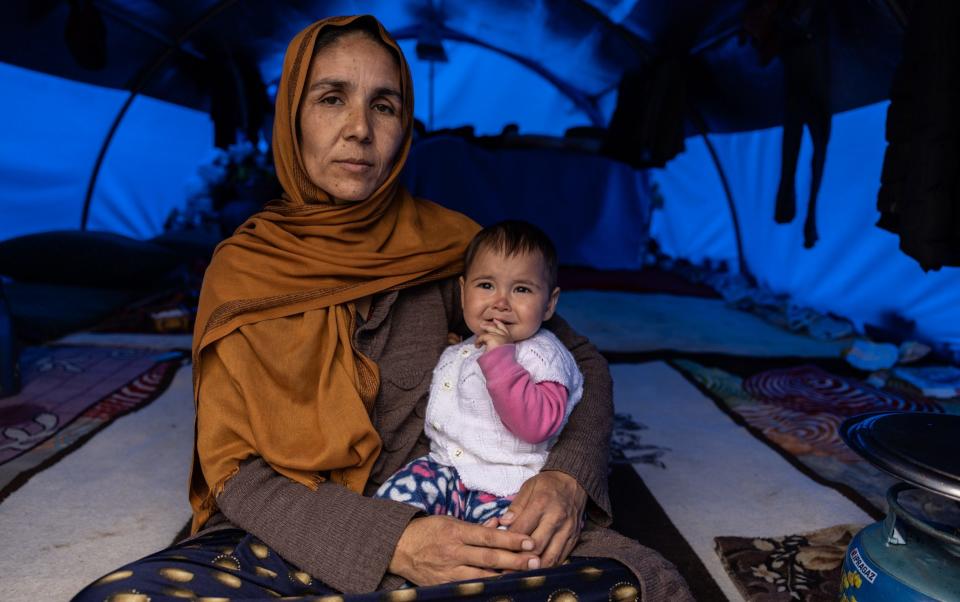
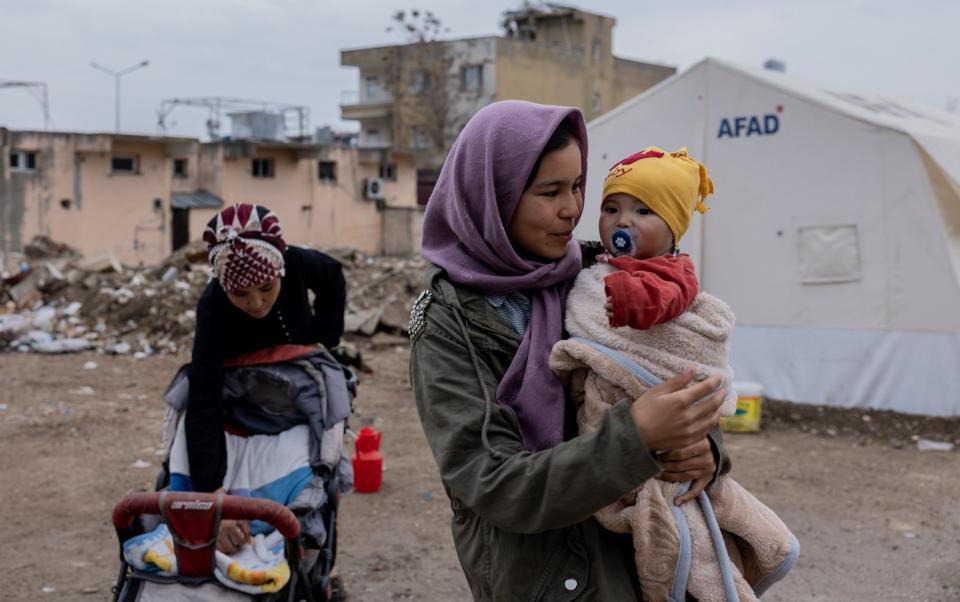
They loved their new home, but their lives had otherwise been in limbo from day one. Durman explained that the family had applied for international protection – their official refugee status. This was years ago, but they still hadn’t received an answer. The uncertainty was nagging.
Her husband managed to make a little side income working as a farmer, but they otherwise depended on financial assistance from friends and relatives living in Europe. A return to Afghanistan – where the Taliban would deprive Durman and her daughters of their basic rights – was out of question, but life in Turkey wasn’t easy, she admitted.
“Without official documents my children can’t even go to school. We want Turkey to be our home, but it’s impossible to integrate without legal documents to stay here,” she told The Telegraph, adding, “we’re still waiting.”
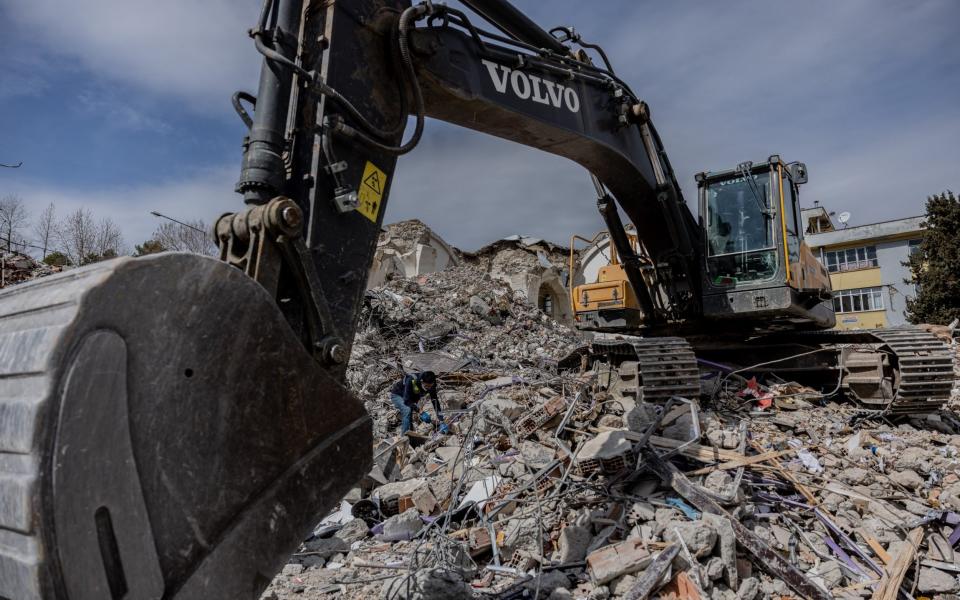
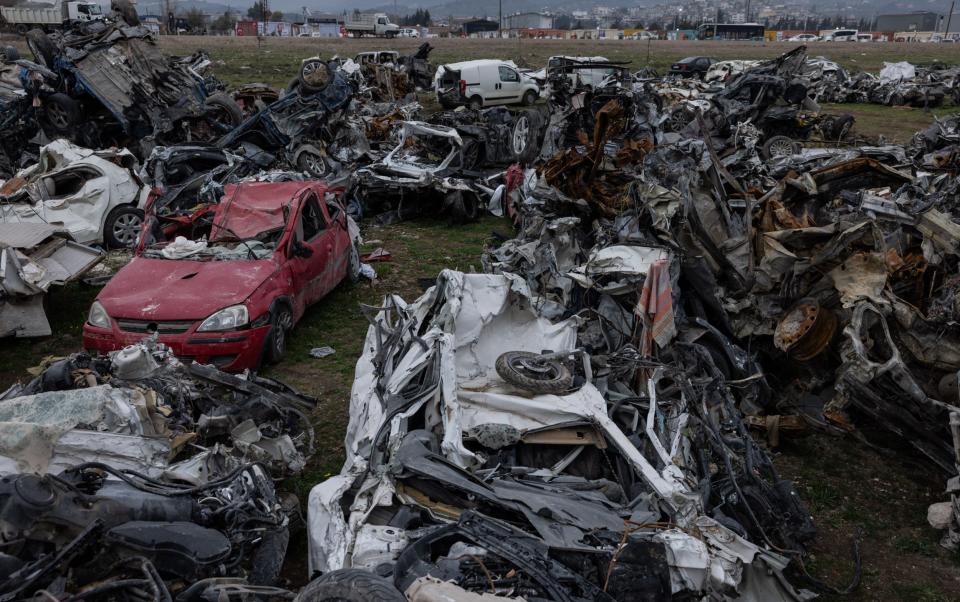
According to Human Rights Watch, Turkey hosts the largest number of refugees of any country in the world – an estimated 3.9 million people – and many have been affected by February’s devastating quakes.
The Afghan Embassy in Ankara says that almost 400,000 Afghans live in Turkey – 130,000 of them are registered with UNHCR – meaning they are being evaluated for or have acquired international protection status, while 51,800 hold visas or residence permits.
“The rest – so the majority of them – are undocumented,” explained the embassy’s Deputy Head of Mission Musaddiq Faqiri. “Last year, around 70,000 Afghans, most of them men, were deported back to Afghanistan, but many continue to arrive here,” he added.
Whether Afghans will continue to live in Ovakent in the future is yet unclear. Barely a house is structurally safe, and reconstruction will take time. The World Bank has estimated direct physical damages across Turkey at over $34 billion.
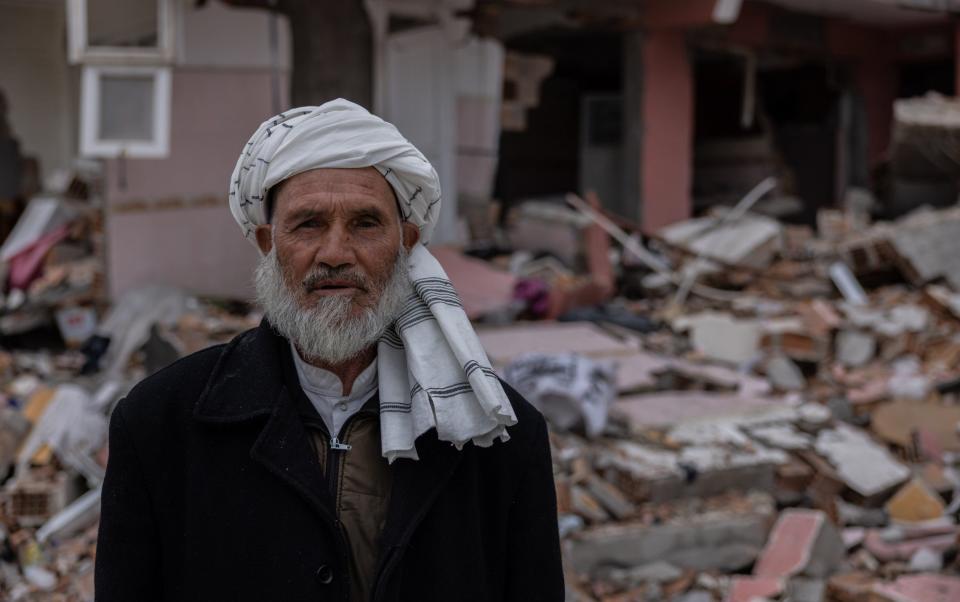
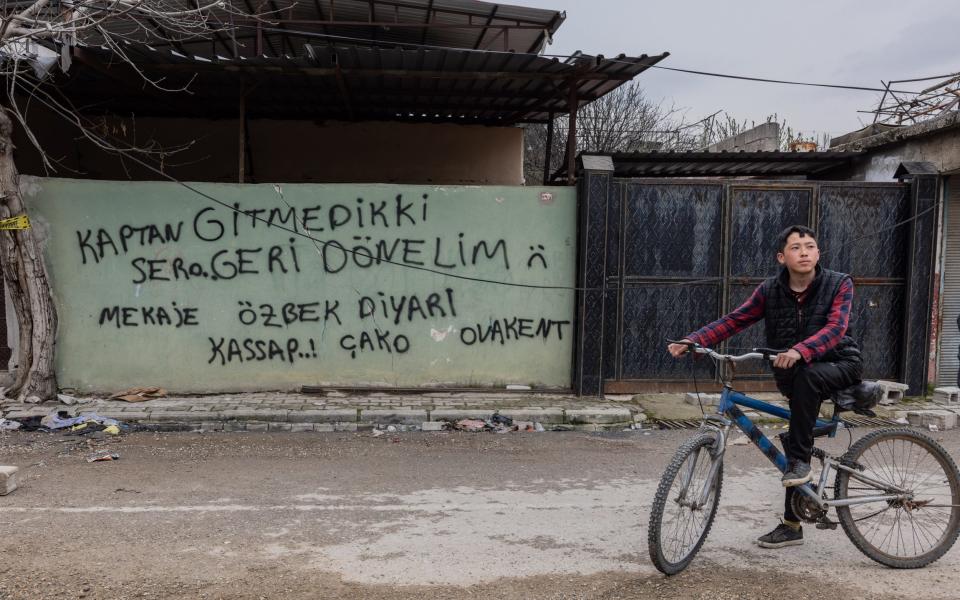
Agha Mir, a man in his late seventies who was one of the first Afghans to arrive in Ovakent 42 years ago said that he was confident that even the earthquake wouldn’t destroy his ‘little Afghanistan.’ Mir wears a turban and traditional Afghan dress, speaks both Turkish and Persian, and has long held his Turkish citizenship.
“I fled my home once because of war. Ovakent is now my home, and I am not fleeing again, even after the earthquake,” he said, speaking in Persian.
A few words in Turkish, graffiti sprayed onto a wall still standing resonate with his determination. “We didn’t go. We are still here,” it reads.
Protect yourself and your family by learning more about Global Health Security

